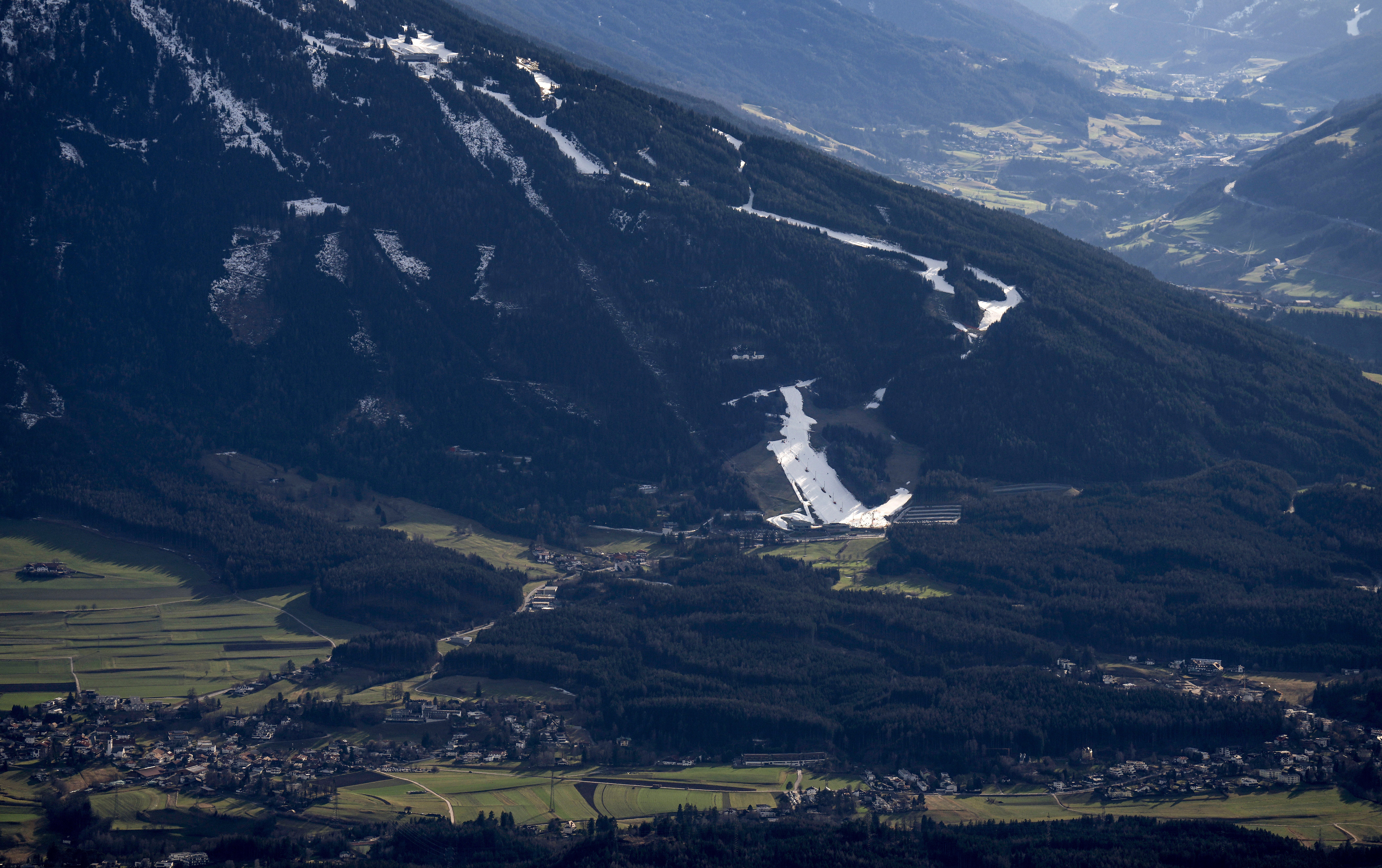Winter temperature records broken across Europe just days into 2023
Eight countries have had national temperature records broken, with Spain experiencing 25C heat in the first week of January

Your support helps us to tell the story
From reproductive rights to climate change to Big Tech, The Independent is on the ground when the story is developing. Whether it's investigating the financials of Elon Musk's pro-Trump PAC or producing our latest documentary, 'The A Word', which shines a light on the American women fighting for reproductive rights, we know how important it is to parse out the facts from the messaging.
At such a critical moment in US history, we need reporters on the ground. Your donation allows us to keep sending journalists to speak to both sides of the story.
The Independent is trusted by Americans across the entire political spectrum. And unlike many other quality news outlets, we choose not to lock Americans out of our reporting and analysis with paywalls. We believe quality journalism should be available to everyone, paid for by those who can afford it.
Your support makes all the difference.Winter temperatures have hit record highs across Europe already this month, as conditions have warmed up following December’s cold snap.
Eight countries have seen record national highs, with regional records in another three areas.
The start of the new year in Warsaw, Poland hit 18.9C on Sunday while it was 25.1C in Bilbao, Spain, the latter of which is 10C warmer than average for the time of year.
Temperatures have even hit the 20s in Switzerland, impacting popular ski resorts in the Alps due to a snow shortage.
The Netherlands, Liechtenstein, Lithuania, Latvia, Czech Republic, Poland, Denmark and Belarus were also warmer than usual, and records have been broken in the Ukraine, France and Germany.
It comes as the Met Office has confirmed 2022 was the hottest year on record for the UK. All four seasons fell into the ten warmest years. Records started in 1984 and the top ten hottest years have all occurred since 2003.
A Met Office spokesperson said: “[Last year] will also be the warmest year on record in the 364-year Central England temperature series from 1659, the world’s longest instrumental record of temperature.
“Temperatures remained above average for every month of the year in 2022, except December which has been cooler than average so far.
“While many will remember the unprecedented heat of July, it is the persistence of warmer than average conditions that have resulted in 2022 breaking the annual temperature record.”

It was the coldest first two weeks of December on record since 2010, with temperatures dropping down to –17.3C at Braemar on 13 December and snow covering much of the country.
Looking at the start of 2023, the Met Office statement continued: “The year started with a mild theme with New Year’s Day the warmest on record according to maximum temperature. 16.3C was recorded at St James’s Park, London and that mild theme was replicated through much of 2022 with more warmer than average days and fewer cooler than average days.
Dr Mark McCarthy, head of the Met Office’s National Climate Information Centre, added: “2022 is going to be the warmest year on record for the UK.
“While many will remember the summer’s extreme heat, what has been noteworthy this year has been the relatively consistent heat through the year, with every month except December being warmer than average.
“The warm year is in line with the genuine impacts we expect as a result of human-induced climate change. Although it doesn’t mean every year will be the warmest on record, climate change continues to increase the chances of increasingly warm years over the coming decades.”
Rosie Oakes, climate scientist at the Met Office, said the increase in average temperatures around the world caused by human activities like burning fossil fuels means it’s more likely records in temperature will be broken.
“What’s noteworthy about this event is how widespread it is as well as the amount previous records have been exceeded by,” she said.
“Climate models projects that both the frequency and intensity of these warm weather events will increase in the future, not just in the summer but in the winter too.”



Join our commenting forum
Join thought-provoking conversations, follow other Independent readers and see their replies
Comments